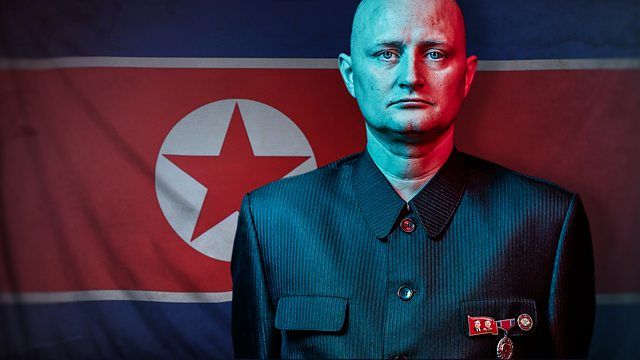When a new documentary on North Korea was released on Sunday, it sent shockwaves through the international community.
Ulrich Larsen, the former Danish chef who spent ten years filming undercover in the reclusive Asian state, has since been summoned by the UN over alleged sanction violations carried out by the country, and now North Korea has joined the debate by denouncing the documentary’s claims in the strongest possible terms.
READ MORE: Dane to meet UN experts in light of North Korea documentary
Pure fabrication
In a letter to Ekstra Bladet, the adviser to the North Korean ambassador to the Nordics, Hal Chol Ri, describes the film as fabricated “from start to finish”. He is no less clear when describing particular events and occasions depicted in the documentary.
“It is a nonsense to describe that the counsellor of our embassy was involved in a so called weapons trade … We are very outraged by this manoeuvre intended to relate our embassy to illegal activities and really want this incident to be solved fairly and thoroughly,” he said.
He called on the release of the full recordings, unedited by either Larsen or documentary director Mads Brügger, as he asserts that such footage will undermine the allegations against them.
UN interests
Despite denials from North Korea, interest in the documentary remains high. The UN panel of experts have already arranged a meeting with the mole Ulrich Larsen to discuss the revelations.
Furthermore, Denmark and Sweden announced on Monday that together they would bring the documentary before the UN Sanctions Committee. For his part, Brügger is hopeful his footage could do some good.
“We have a huge amount of material. I would like to meet with the UN Panel of Experts on North Korea to start a dialogue on what they might be interested in,” he said.
“If the film can in any way help to slow down North Korea’s persistence in breaking sanctions and spreading its weapons around the world, I will be very happy.”















